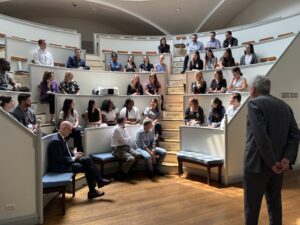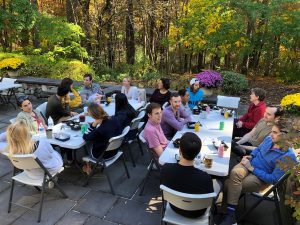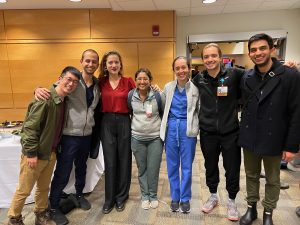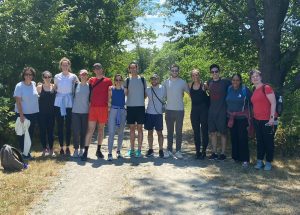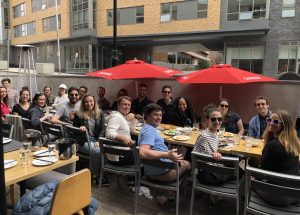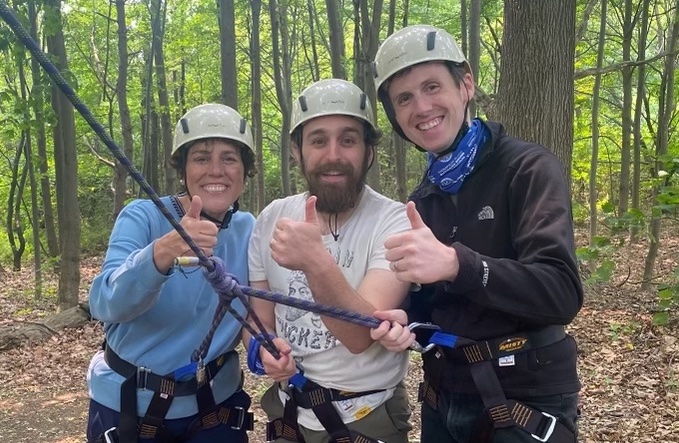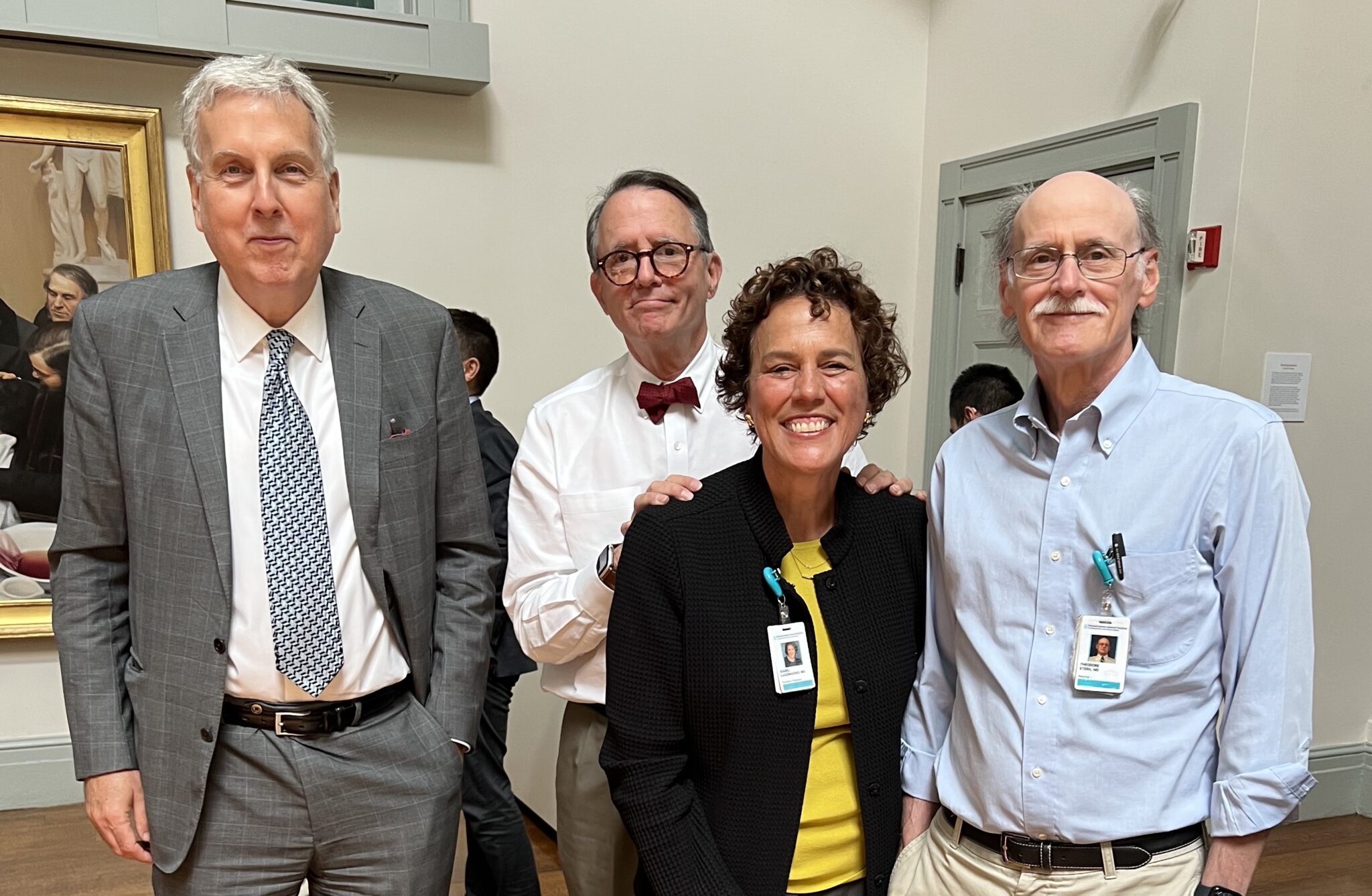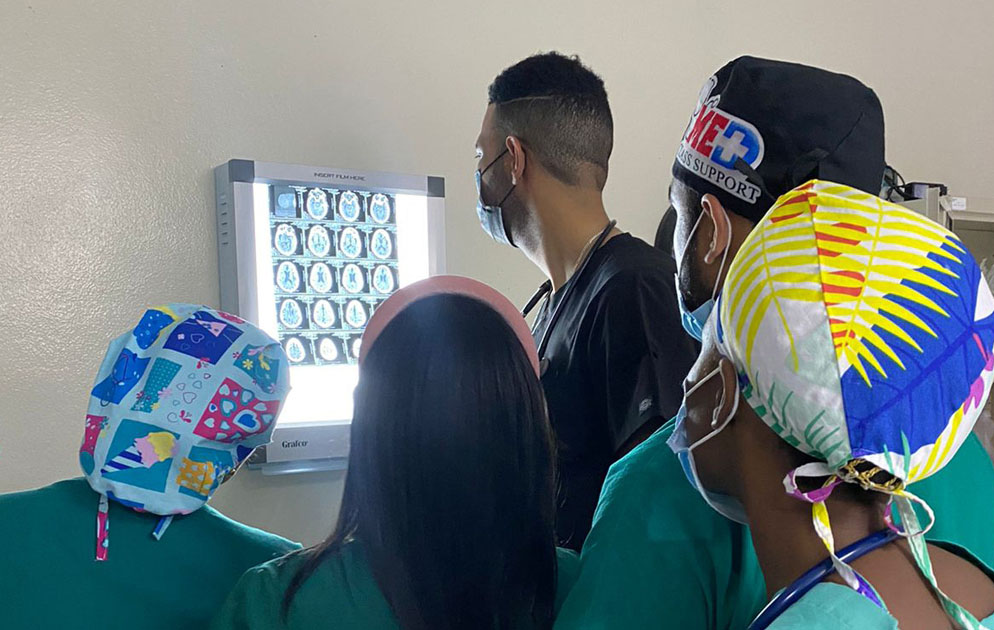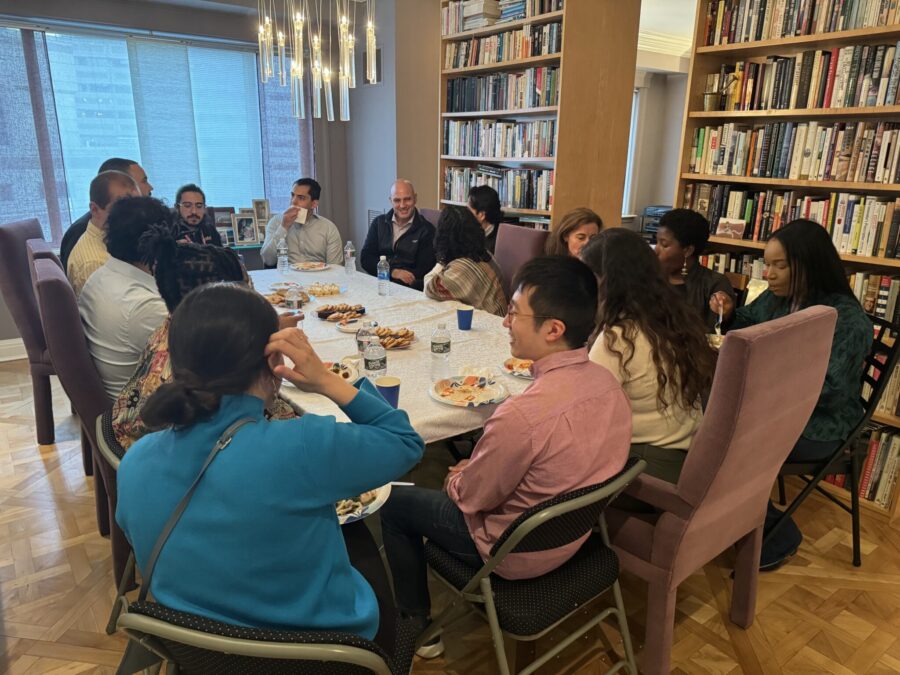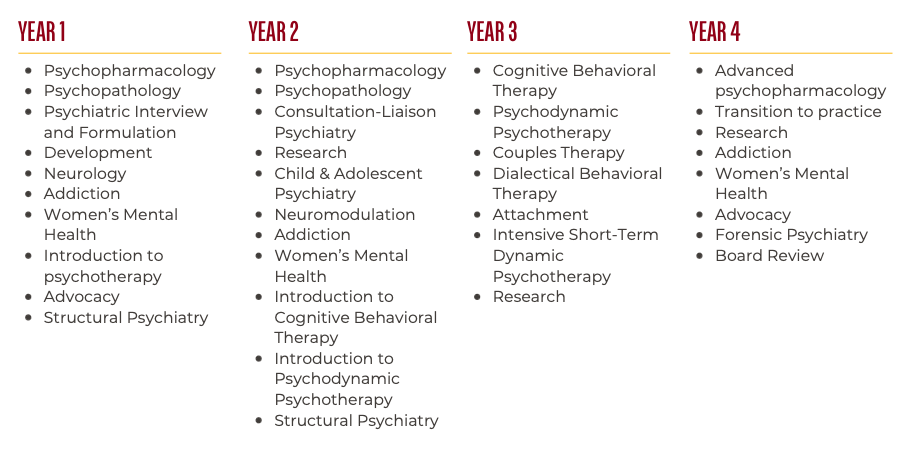Public and Community Psychiatry Annual Spring Symposium
Established in 2013, the Public and Community Psychiatry Annual Spring Symposium brings together MGH psychiatry faculty and trainees, hospital, community health, and health center leadership, community collaborators and the Department of Mental Health for an afternoon of presentations and a poster session. Both internal and external experts have spoken on topics ranging from the opioid crisis, family homelessness, the role of organized psychiatry in mental health delivery transformation, minority mental health research and mental health inequities. Both the Massachusetts Commissioners of the Departments of Public Health and Mental Health have spoken here, as well as the Massachusetts Secretary of the Executive Office of Health and Human Services. The poster session showcases a range of public and community psychiatry-related projects, and it includes submission from numerous programs in the department.

